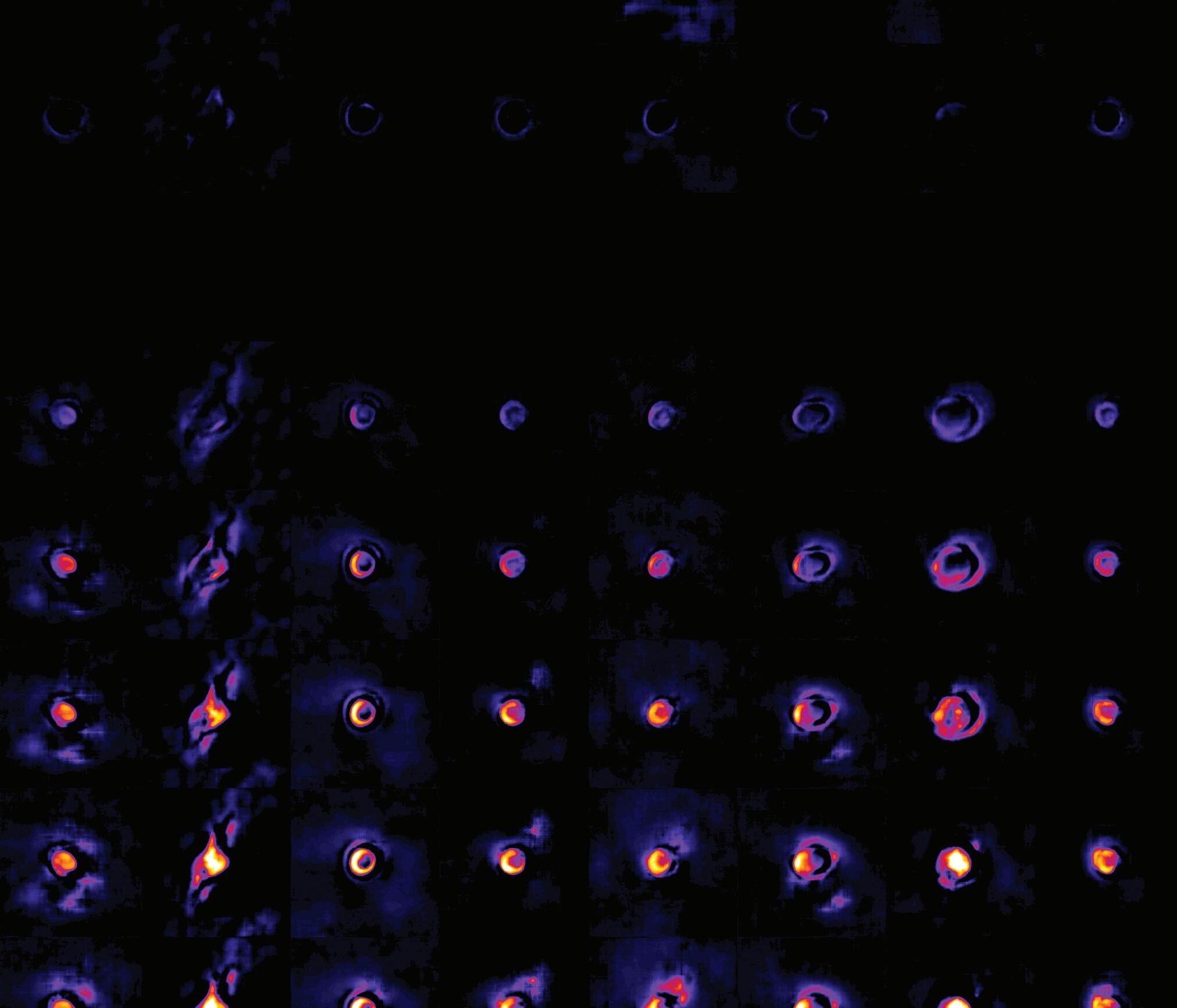
4 minute read
Beyond Human: How AI Is Transforming Basic Science and Clinical Medicine
From uncovering secrets of cellular function to redefining cancer diagnosis and treatment, AI research has widespread applications at UT Southwestern.
Deep learning has been the driving force behind recent advances in artificial intelligence (AI). These algorithms employ multiple layers of interconnected nodes to refine their decision-making capabilities through pattern recognition and modeling complex relationships between inputs and outputs.
Across UT Southwestern, researchers are utilizing deep-learning technology to untangle complex biological processes and improve patient care. Here, Gaudenz Danuser, Ph.D., Professor and Chair of the Lyda Hill Department of Bioinformatics, and Steve Jiang, Ph.D., Professor and Vice Chair for Digital Health and AI in the Department of Radiation Oncology and Director of UT Southwestern’s Medical Artificial Intelligence and Automation Laboratory (MAIA), discuss how AI is advancing their research.
Predicting Metastatic Potential
The Danuser Lab studies the mechanisms by which cell architecture controls cell function, investigating how cell shape and cytoskeletal architecture directly influence the molecular processes that confer survival and proliferation of malignant cells in the body.
“The notion that morphology by itself controls cellular signaling is new in the context of cancer,” Dr. Danuser says.
His laboratory uses deep learning-based methods to identify the properties of cell shapes that are predictive of complex phenotypes but are too subtle to be identified by the human eye.
In a July 2021 study published in the journal Cell Systems, he and his team put one such method to the test. By employing a generative neural network in combination with supervised machine learning, the researchers classified patient-derived melanoma xenografts with high and low metastatic potential. The AI system was able to accurately predict which melanoma cell lines were most likely to metastasize.
“We validated a generalizable framework that allows us to take tissue samples and predict mechanisms inside cells that drive disease,” Dr. Danuser says. He anticipates that similar AI-based tools will augment pathology workflows for cancer and a host of other diseases.
AI-Driven Real-Time Localization
The MAIA Laboratory is a thriving ecosystem facilitating AI research, clinical translation, education, and commercialization. Dr. Jiang and his colleagues are applying AI technologies to assist clinical decision-making, enable clinical procedure automation, enhance imaging and therapy technologies, and improve patient safety and clinical workflow.
“Among our key initiatives is an AI-powered real-time location system developed by the MAIA Lab,” Dr. Jiang explains. “Clinically implemented since January 2019, this advanced system monitors nearly 1,000 tags daily, which are attached to patients and medical equipment, across two radiation oncology buildings at UT Southwestern through a network of 379 detectors called Raspberry Pis. AI-enabled features like a touchpad checklist and exam-room workflow management not only bolster patient safety and improve patient experience, but also streamline clinical operations. By identifying bottlenecks and enabling adaptive scheduling, the initiative represents a quantum leap in mitigating clinical inefficiencies through AI.”
While AI is transforming basic science and clinical medicine, it doesn’t undermine the importance of the human researchers and clinicians, Drs. Danuser and Jiang explain. “Researchers must remain engaged and use their knowledge and training to apply the art of science. AI is augmenting and improving the efficiency of what we’re already doing today,” they conclude.
Gaudenz Danuser, Ph.D., is Professor of Cell Biology, Chair of the Lyda Hill Department of Bioinformatics, and Director of the Cecil H. and Ida Green Center for Systems Biology. He is a member of the Cellular Networks in Cancer Research Program at the Harold C. Simmons Comprehensive Cancer Center.
Steve Jiang, Ph.D., is Professor of Radiation Oncology, Director of UT Southwestern’s Medical Artificial Intelligence and Automation Laboratory, Vice Chair for Digital Health and AI, and Division Chief of Medical Physics and Engineering. His interests include AI technologies to improve patient care.
Photo Caption: UT Southwestern researchers use an AI system to track how cancer cells change from a state of high metastatic potential to low metastatic potential. Photo Credit: Andrew Jamieson, Ph.D., Assistant Professor, Lyda Hill Department of Bioinformatics.










